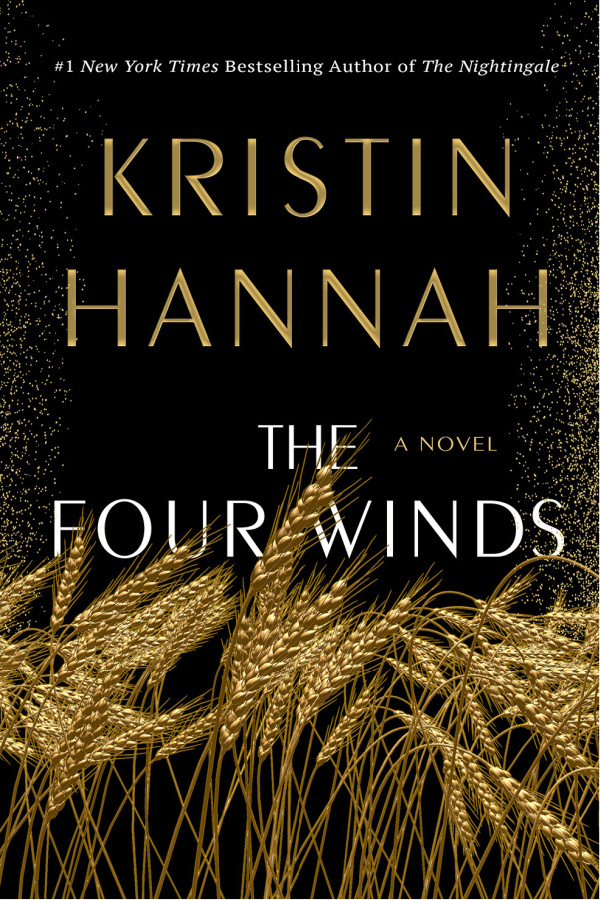

From the number-one bestselling author of The Nightingale and The Great Alone comes a powerful American epic about love and heroism and hope, set during the Great Depression, a time when the country was in crisis and at war with itself, when millions were out of work and even the land seemed to have turned against them.
“My land tells its story if you listen. The story of our family.”
Texas, 1921. A time of abundance. The Great War is over, the bounty of the land is plentiful, and America is on the brink of a new and optimistic era. But for Elsa Wolcott, deemed too old to marry in a time when marriage is a woman’s only option, the future seems bleak. Until the night she meets Rafe Martinelli and decides to change the direction of her life. With her reputation in ruin, there is only one respectable choice: marriage to a man she barely knows.
By 1934, the world has changed; millions are out of work and drought has devastated the Great Plains. Farmers are fighting to keep their land and their livelihoods as crops fail and water dries up and the earth cracks open. Dust storms roll relentlessly across the plains. Everything on the Martinelli farm is dying, including Elsa’s tenuous marriage; each day is a desperate battle against nature and a fight to keep her children alive.
In this uncertain and perilous time, Elsa—like so many of her neighbors—must make an agonizing choice: fight for the land she loves or leave it behind and go west, to California, in search of a better life for her family.
The Four Winds
A woman’s struggle in the harrowing 1930s Dust Bowl years underscores a people’s unrelenting spirit to survive in THE FOUR WINDS—my favorite read of the year thus far.
Kristin Hannah’s brilliant storytelling immerses you in a story, in a time, marked by post-war bounty when America felt like a shiny new penny of opportunity. But for Elsa Wolcott, who was deemed too tall, too skinny, too old to marry, the future felt bleak. One night of rebellion introduces her to Rafe Martinelli, who would irrevocably change the course of her life.
As the 1920s ushered in the 30s, drought devasted the Great Plains, laying the groundwork for what would become one of the greatest ecological disasters of our time. Caused by inexperienced farming, over-plowing, and persistent dry weather, high winds swept up eroded topsoil causing massive, continual dust storms. Now married to Rafe and a mother of two, Elsa helped worked the Martinelli land from sunup to sundown, struggling to keep their livelihood—and lives—from dying.
As the Great Depression took hold and dust storms wreaked devastation, people escaped the Plains in droves, heading west to California in hopes of a better life. As the situation worsened in the Martinelli farm, Elsa had to choose between fighting for a land which had finally given her a place and a people to belong, or risking everything for a better life out West.
Elsa’s journey recounts years of struggle, galvanizing an indomitable spirit which would carry their family through. As brutal as it was beautiful, THE FOUR WINDS imparts a story, like so many others untold, about courage, resilience, determination, friendship, love and maybe most of all, motherhood. It also felt eerily prescient, as we read about the struggles that once divided a nation, about the haves and have nots, about injustice and adversity.
I can’t recommend this book enough. So beautifully written and told, so sweeping and intimate all at once. I found myself so deeply affected by it and know I will always carry Elsa’s story with me. Absolutely extraordinary—read it.
“As we know, there are lessons to be learned from history. Hope to be derived from hardships faced before. We’ve gone through bad times before and survived, even thrived. History has shown us the strength and durability of the human spirit, In the end, it is our idealism and our courage and our commitment to one another—what we have in common—that will save us.”
















 by
by